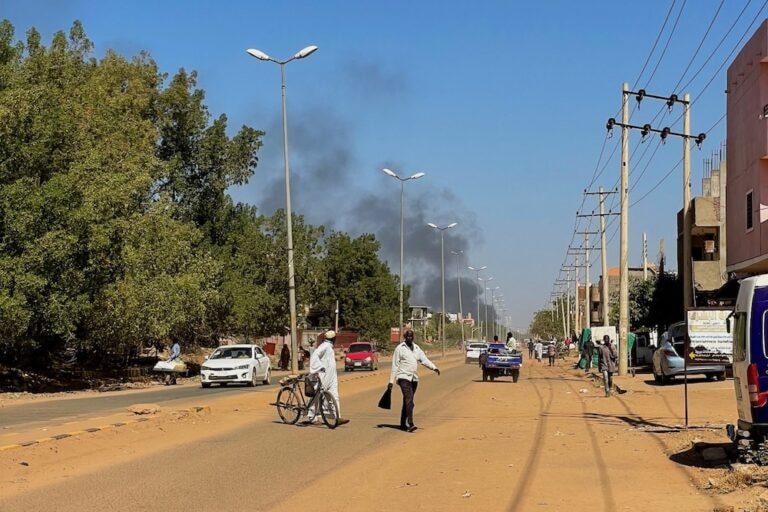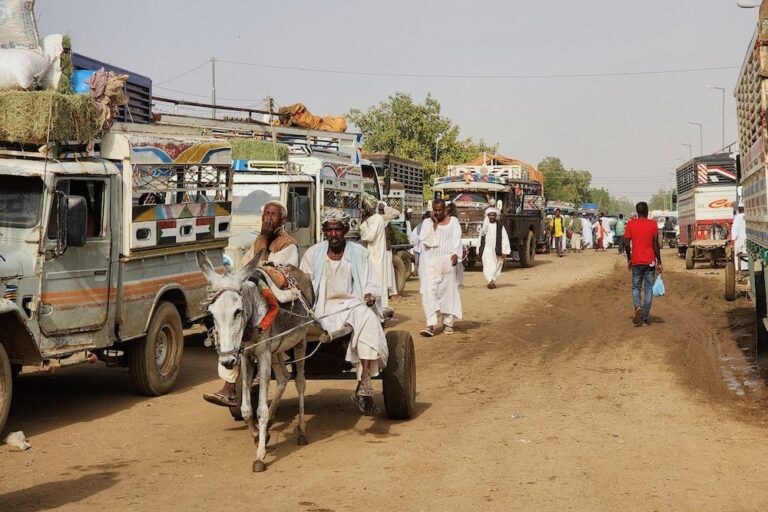(ANHRI/IFEX) – On 29 July 2008, ANHRI denounced the government’s decision to block the YouTube website ( http://www.youtube.com ). Since 22 July, Internet users in Sudan have been unable to access the site, instead receiving an error message stating that the site was blocked by the National Telecommunication Corporation (NTC). Sudan is the latest in […]
(ANHRI/IFEX) – On 29 July 2008, ANHRI denounced the government’s decision to block the YouTube website ( http://www.youtube.com ). Since 22 July, Internet users in Sudan have been unable to access the site, instead receiving an error message stating that the site was blocked by the National Telecommunication Corporation (NTC).
Sudan is the latest in a list of countries that has banned YouTube, a list that includes Turkey, Pakistan, China, Indonesia, and Syria.
The NTC did not provide any explanation for blocking the well known and popular website that permits users worldwide to share user-created movies for free.
YouTube has recently become a key tool for political activists. A number of video clips have been posted with footage of Sudanese security personnel beating and torturing minors, who were arrested and detained following the 10 May armed attack on the capital, Khartoum, by the Justice and Equality Movement (JEM) rebels. Mass arrests in Khartoum of perceived supporters of the Darfur rebel group followed the attack.
The blocking of YouTube was criticised throughout the nation and a number of journalists and activists have launched online protest campaigns. The website Sudaneseonline (http://www.sudaneseonline.com ) – which was also blocked for a short period at the end of 2005 – demanded that the government reverse its decision.
ANHRI calls on the government to lift the ban on YouTube and put an end to its policy of prohibiting the circulation of information on the Internet.
For further information on the blocking of YouTube in other countries, see:
http://ifex.org/en/content/view/full/93724
http://ifex.org/en/content/view/full/92440


